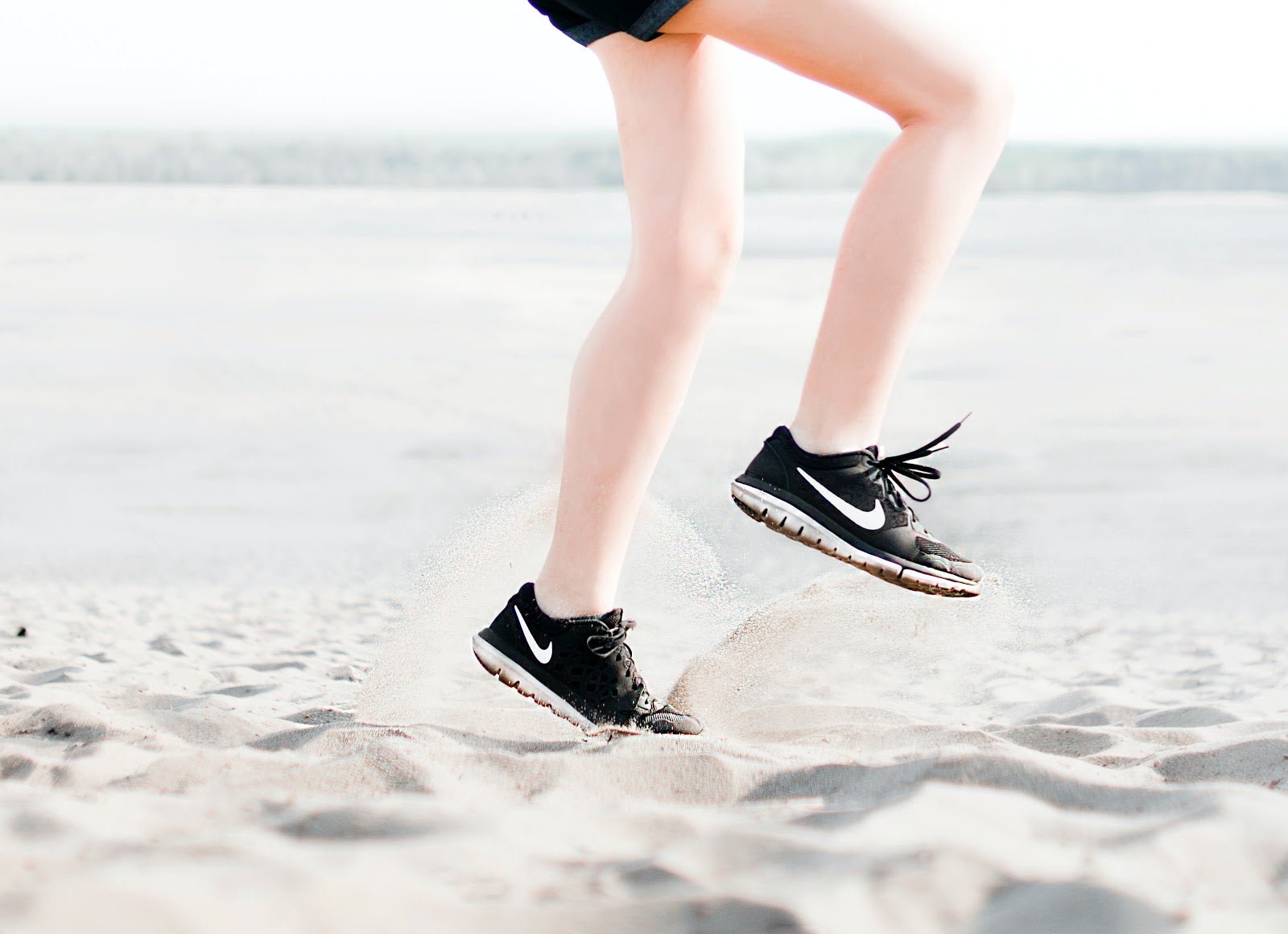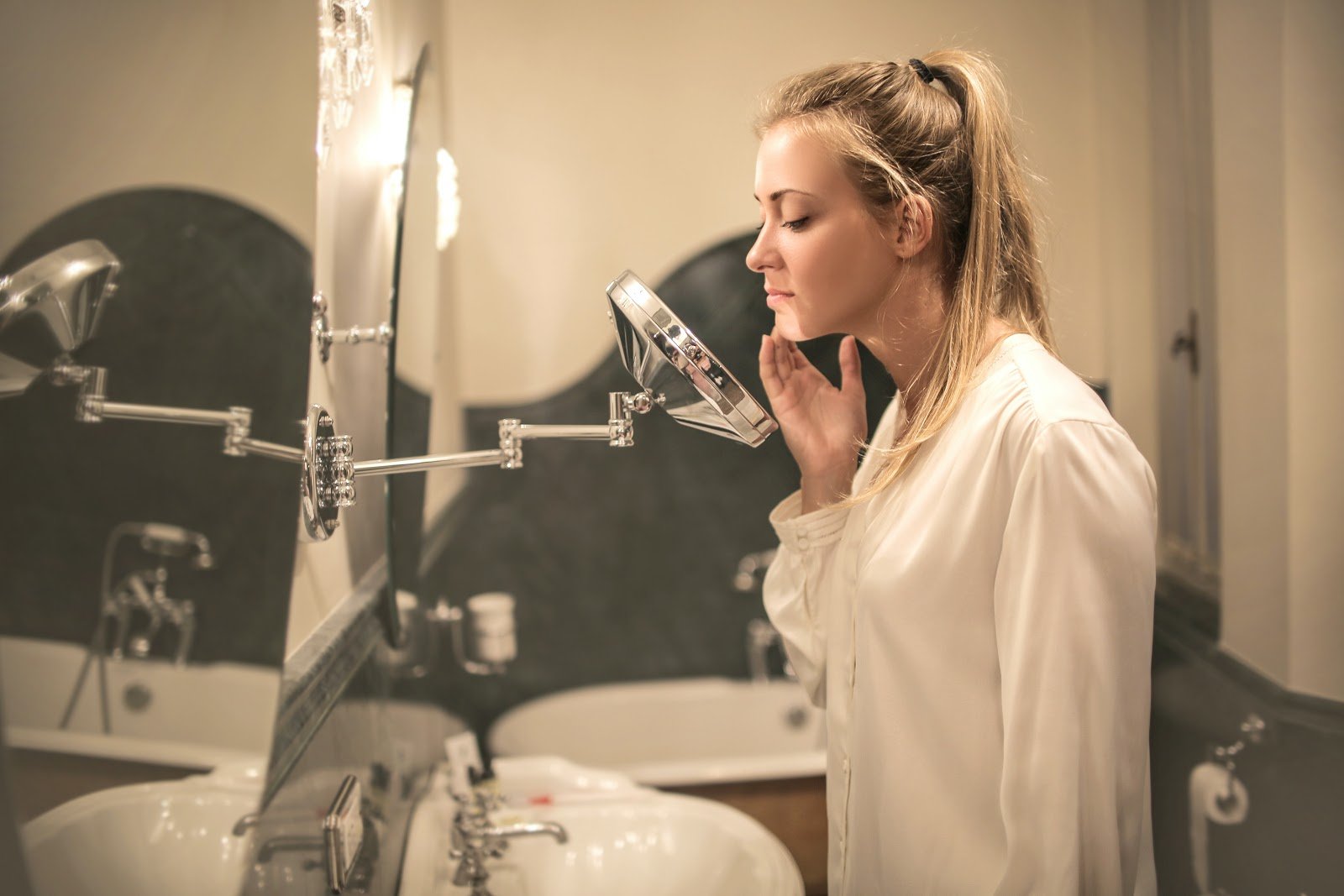While any kind of skin condition can have a negative impact on your self-esteem, acne can be particularly hard to cope with. It’s the most common skin condition in the U.S, impacting up to 50 million Americans annually and 80% of Americans at some point in their lives.
If you’re one of the 50 million Americans who suffer from acne, it can be easy to feel down about your skin. Your acne doesn’t define you, but sometimes, when you’re struggling with it, it might feel like it’s controlling your life. Luckily, there are ways that you can start combatting your acne at home. Learning about these home remedies and acne treatments can allow you to feel like you’re in control of your skin again.
What is Acne?
In order to properly figure out how to treat acne, it’s essential to figure out what exactly those blemishes are. Acne is a skin condition that occurs when your hair follicles become clogged with oil or even dead skin cells. This can ultimately cause blackheads, pimples, or whiteheads. While people of all ages suffer from acne, it largely impacts people in their teenage years.
One difficulty that comes with acne is that it can be persistent. It can feel like there’s never an end to the pimples that pop up, and as soon as one disappears, another arrives to take its place. Acne can cause scarring of several different types: physical (on the skin) and emotional (psychological), which is why most of us strive so hard to get rid of acne.
Not all acne is the same degree of severity, so you might have different symptoms from family members or friends who are also impacted by the condition. If you’re noticing that you have whiteheads (closed plugged pores), blackheads (open plugged pores), small red bumps, pimples, large, painful nodules underneath the surface of the skin, or painful, pus-filled lumps beneath the skin’s surface that lead to skin inflammation, you are likely suffering from acne.
Acne can appear in a variety of places, but is most commonly seen on the face, chest, forehead, upper-shoulders, or back.
If you have acne, it can be difficult to feel in control of your skin. The psychological damage that can accompany having severe acne can be substantial, even after your acne has cleared up. If you feel that your acne has impacted your psychological well-being, it’s important to consider speaking to a therapist. Remember, wellness is holistic - just because you’re taking care of your body on the physical level doesn’t exempt you from needing to take care of it on the mental level, too!
What Causes Acne?
Acne is caused by a variety of factors, and it’s extremely common and nothing to be ashamed of. According to dermatology experts, here are four main causes why acne might impact your skin:
- Excess oil production
- Bacteria
- Inflammation
- Hair follicles that are clogged up by oil and dead skin cells (aka clogged pores)
There are also some factors to consider that might put you at greater risk of developing acne. These include:
-
Age. While it’s possible to get acne at any age, teenagers are especially susceptible to this skin condition.
-
Genetics/family history. Yes, your genes do play a role in developing acne! If both of your parents experienced it, it’s more likely that you will, too.
-
Hormonal changes. These changes are common during stages such as puberty or pregnancy, and could contribute to acne appearing on your skin.
-
Friction or pressure on your skin. This can be caused by wearing tight collared shirts, helmets, putting your cell phone up to your face, and more.
- Greasy or oily substances on the skin. If your skin comes in contact with oily lotions or creams, you could possibly develop acne there, especially if you tend to have sensitive skin.
In addition to this, there are several things that could potentially trigger or even worsen acne if you have it. These include:
-
Hormonal changes. Again, those hormones can be partially to blame for a painful acne outbreak! This is partially why people going through puberty can be especially prone to developing acne. Midlife hormone changes can also lead to acne breakouts, too, especially for women.
-
Some medications. If you’re using medications that contain testosterone, lithium, or corticosteroids, then you might be at higher risk of triggering acne.
-
Dietary habits. If you’re consuming a lot of carbohydrate-rich foods, this could potentially worsen acne.
- Stress. While stress itself doesn’t create acne to pop up, if you’re stressed and you already have acne, it can certainly exacerbate the existing condition.
Finally, there are some acne myths that should be discussed. Acne is certainly not caused by:
-
Chocolate or greasy foods. No, eating a lot of chocolate won’t make acne pop up suddenly.
-
Hygiene. Acne is not caused by dirty skin.
- Cosmetic products. Cosmetics actually don’t necessarily make acne worse or cause it, especially if you’re being sure to use oil-free makeup and are always sure to take your makeup off before you go to bed. However, if you're not removing your makeup, it could contribute to clogged pores.
Ways to Treat Acne at Home
There are a plethora of ways to handle the treatment of acne at home. Of course, if you have any concerns at all, you should reach out to your dermatologist first before you decide to attempt one of these.
Some potential DIY ways to treat acne at home include:
- Use apple cider vinegar as a topical treatment with a cotton ball
- Making a honey and cinnamon mask
- Taking a zinc supplement (you can buy these over the counter at most drug stores)
- Spot treating with tea tree oil
- Using an at-home microdermabrasion handset
Applying apple cider vinegar to the affected area: Vinegars are known for their antibacterial properties. Therefore, if your acne is bacterial, this might be a good idea for you to try. This particular vinegar includes organic acids that kill P. acne, which makes it a great natural remedy for that stubborn zit.
Making a honey and cinnamon mask: These two ingredients have important capabilities. They can help with their anti-bacterial and anti-inflammatory properties, which are two of the triggers for acne.
Taking a zinc supplement: Because zinc is a crucial nutrient to support cell-growth, hormone production, metabolism, and immune function, taking a supplement can potentially help treat acne. Research has also demonstrated that those who have acne typically have less zinc in their blood than those who don’t, so increasing that zinc level could possibly be helpful.
Spot treating with tea tree oil: Tea tree oil is an essential oil. It is found and extracted from the leaves of a small tree that belongs in Australia, and is known for its ability to combat bacteria and also reduce inflammation of the skin. That means that it's often found in the skincare products that you purchase. However, you should dilute tea tree oil with a carrier oil like coconut oil before you apply it as a spot treatment, or you risk side effects like skin irritation and dryness.
Using an at-home microdermabrasion handset: Microdermabrasion is a highly popular cosmetic procedure that is used to treat a variety of skin ailments. One of these is acne. Microdermabrasion can be used to reduce the appearance of acne scars that are left after your acne has disappeared, but it can also be used while you still have acne. This product can also help you shrink pores and even help your skin appear more youthful.
With each of these methods, you should also attempt to follow a regular skincare routine that includes a face wash, toner, and moisturizer. Some people have also found luck using green tea or aloe vera gel as a treatment, thanks to the antioxidants found in them.
However, if you’re finding that none of these treatments are even slightly effective, it’s definitely time to go see your dermatologist. They’ll be able to point you in the right direction and help you tackle your acne more efficiently.
What is Microdermabrasion?
You might have heard about microdermabrasion in the context of acne before. It’s most useful after you’ve cleared up your acne and you have remaining scars left and would like to visibly reduce the appearance of them.
Microdermabrasion works by using an instrument to gently sand the skin. This, as a result, removes the thicker, uneven outer layer. It’s a noninvasive procedure and is generally considered safe regardless of skin type or tone.
The reason that people opt for microdermabrasion is to treat scarring, discoloration of the skin, sun damage, and more.
If you have acne, you can definitely still get microdermabrasion. Because of the fact it’s generally a gentle procedure and works on the superficial layers of skin, you can still complete a microdermabrasion treatment before your acne is entirely cleared up and all that is left is scarring.
That being said, if you have inflammatory acne, you should probably avoid microdermabrasion until your acne is not quite as aggravated. This will help you avoid a potentially painful situation.
In Summation
Having a skin condition of any type can be difficult and detrimental to your self-esteem. Taking ownership of your skin doesn’t have to be hard or even that expensive. You can start combatting your acne today with these at-home remedies.
If you combine your treatment with KENZZI’s At-Home Microdermabrasion treatment, you’ll find that your skin feels supported and could potentially be on the road to recovery before you know it.
Life is too short to waste time being ashamed of your acne or hiding your face. Acne impacts so many people, but you can start on your path to being one fewer person impacted by it today.
Sources:
How common is acne vulgaris in the US? | Medscape
Acne - Symptoms and causes | Mayo Clinic
Microdermabrasion | plasticsurgery.org
Read more

Summer is rapidly approaching, so what better time to start getting your legs ready for the beach and bathing suit season than today? Luckily, getting your legs prepped and ready for summer isn’t d...

One of the reasons that microdermabrasion is so popular is because of its wide variety of usages. Among the most popular usages for microdermabrasion is to treat various conditions on the face. Mi...

Leave a comment
All comments are moderated before being published.
This site is protected by hCaptcha and the hCaptcha Privacy Policy and Terms of Service apply.